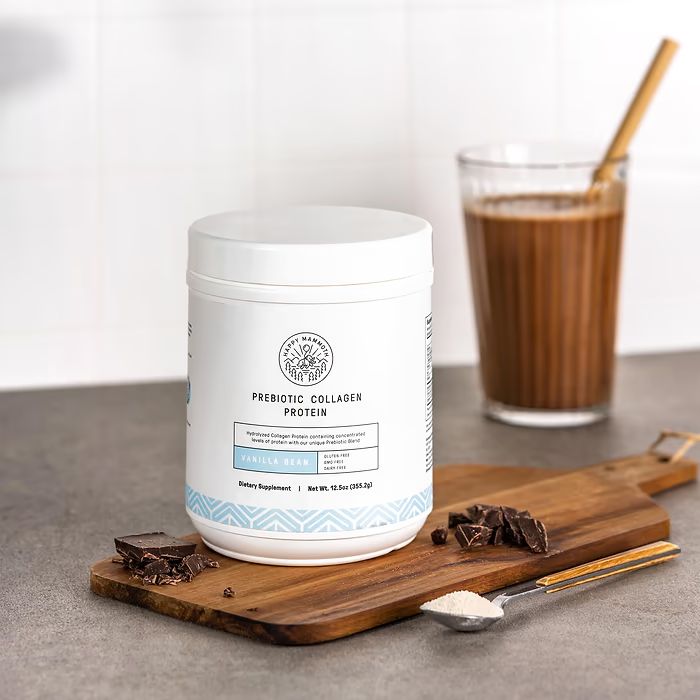In a world where plant-based diets are gaining traction,the quest for essential nutrients has sparked a fascinating conversation around the importance of vegan sources of vitamin D3. Traditionally sourced from animal-derived products, the spotlight now shines on the innovative realm of plant-based alternatives that promise to meet the needs of vegans and vegetarians alike. This article delves into the intricacies of vegan vitamin D3 supplements, exploring the various plant-based sources available, their effectiveness, and the science behind how our bodies absorb this crucial nutrient. Join us as we navigate the vibrant landscape of veganism,urban farming,and nutritional science,uncovering the pathways to a healthier lifestyle while ensuring you’re equipped with the vital vitamins your body craves.
exploring Plant-Based Sources of Vitamin D3 for Vegans
For vegans seeking a reliable source of vitamin D3, exploring plant-based options can be both enlightening and empowering. Traditionally, vitamin D3 (cholecalciferol) is derived from animal sources, leaving many to wonder how to achieve adequate levels on a plant-based diet. Fortunately, certain algae, notably marine algae and lichens, have emerged as potent alternatives to conventional sources. not only do these plant-derived forms provide optimal absorption but they also naturally contain the bioactive form of vitamin D3, ensuring that vegans can thrive while adhering to their lifestyle choices.
When considering plant-based sources of vitamin D3, incorporating specific products into your routine can enhance your overall nutrient intake. Look out for supplements that showcase ingredients such as:
- Schizochytrium – A type of algae rich in omega-3 fatty acids and vitamin D3.
- Lichen-derived D3 – Sustainable and effective, a favorite among many vegan brands.
- Fortified foods – Certain plant milks and cereals are fortified with vitamin D, providing an easy way to enhance daily intake.
| Source | Type | Form of Vitamin D |
|---|---|---|
| Schizochytrium | Algae | D3 |
| Reishi Mushroom | Mushroom | D2 |
| Lichen | Plant | D3 |
By focusing on these natural sources and considering supplementation when needed, vegans can maintain healthy vitamin D levels in a sustainable way, ultimately enhancing their overall health and well-being.

Understanding the Science of Vitamin D3 Absorption in Plant Diets
The absorption of vitamin D3 in individuals following plant-based diets can be influenced by various factors inherent to their dietary choices. Unlike animal products, which are rich in vitamin D3 (cholecalciferol), plant sources predominantly provide vitamin D2 (ergocalciferol). While vitamin D2 can effectively increase vitamin D levels,it is less potent and has a shorter duration of action in the body. Consequently, it’s crucial for those on plant-based diets to consider reliable sources of D3. One effective way to enhance D3 levels is through vegan supplements derived from lichen, ensuring that individuals receive the benefits without compromising their dietary choices.
Several factors play a meaningful role in the absorption of vitamin D3 from supplements and fortified foods. These include the presence of dietary fats, overall gut health, and individual metabolic variations. Studies suggest that consuming vitamin D3 with a source of healthy fats can significantly improve absorption rates.Moreover, individuals with certain gastrointestinal conditions might experience impaired absorption, making it essential for them to monitor their vitamin D levels regularly. Below is a table that outlines key factors influencing vitamin D3 absorption in plant diets:
| Factor | Impact on Absorption |
|---|---|
| Dietary Fats | Enhances absorption |
| Gut Health | Affects nutrient uptake |
| Age | Can exhibit decreased absorption |
| Sun Exposure | Promotes natural D production |

Choosing the Right Vegan Vitamin D3 Supplement for Optimal Health
When selecting a vegan vitamin D3 supplement, it’s essential to consider several factors to ensure you are making the best choice for your health and wellbeing. Not all supplements are created equal; thus, look for products that utilize lycopene-derived D3 or mushroom-sourced vitamin D. these plant-based sources are not only effective but often come with added benefits, such as antioxidants and other phytonutrients. Always check for the certification labels that confirm the product is 100% vegan to avoid any animal-derived ingredients that may inadvertently slip through.
Another crucial aspect to bear in mind is the absorption rate of the supplement. Some products include oils, such as coconut or olive oil, which enhance the absorption of vitamin D3 in the body. Additionally, dosages can vary, so it’s vital to choose a supplement that aligns with your dietary needs and lifestyle. Consult with healthcare professionals and consider factors like your current vitamin D levels, sun exposure, and dietary habits.Refer to the table below for a quick comparison of popular vegan vitamin D3 sources:
| Source | Dose (IU per serving) | Absorption Aid |
|---|---|---|
| Lycopene Extract | 1000 IU | Coconut Oil |
| Mushroom Powder | 500 IU | Olive Oil |
| Algal Oil | 2000 IU | Soy Lecithin |

Practical Tips for Maximizing Vitamin D3 Levels in a Vegan Lifestyle
To effectively boost your Vitamin D3 levels while adhering to a vegan lifestyle, consider incorporating a variety of strategies into your daily routine. One of the most effective methods is to expose your skin to sunlight for at least 15-30 minutes several times a week, depending on your skin type and location. this natural synthesis of Vitamin D3 occurs when UVB rays penetrate the skin. However, during winter months or in regions with limited sunlight, supplementation becomes crucial.Look for vegan Vitamin D3 derived from algae or lichen, as customary sources are animal-based. Additionally,focus on foods fortified with Vitamin D3,such as certain plant-based milks,orange juice,and cereals.
Incorporating healthy fats into your meals can significantly enhance the absorption of Vitamin D3, as this vitamin is fat-soluble. Consider adding sources of healthy fats such as avocados, nuts, and seeds to your diet.Pairing these fats with your supplement or fortified foods can multiply your body’s ability to absorb this essential nutrient. Keep in mind that factors such as age, skin color, and body weight can also influence vitamin D3 absorption and metabolism. Therefore, regular blood tests to monitor your levels can help tailor your approach more effectively.Below is a simple comparison of various vegan Vitamin D3 sources:
| Source | Type | Vitamin D3 Content |
|---|---|---|
| Algal Oil | Supplement | 500-1000 IU |
| Fortified Plant Milk | Food | 100-200 IU |
| Mushrooms (UV-exposed) | Food | 450-2000 IU |
| Fortified Cereals | Food | 40-100 IU |
Future Outlook
As we navigate the intricate landscape of nutrition, it’s clear that achieving optimal health is a journey filled with choices—some straightforward, others more complex. Vegan vitamin D3 supplements offer a promising solution for those seeking to bolster their intake of this essential nutrient while adhering to plant-based principles. By exploring sources such as lichen and understanding the nuances of absorption, we can empower ourselves to make informed decisions for our wellbeing.
In a world where health is frequently enough tied to dietary beliefs and personal ethics, vegan vitamin D3 serves as a bridge—connecting the quest for nourishment with the desire to live harmoniously with nature. Whether you’re a seasoned vegan or simply looking to diversify your supplement routine, these plant-based options invite us to think critically about our nutrient needs.
As we conclude this exploration, remember that the path to vibrant health is an ongoing process. Staying informed about our choices and their impact not only enriches our lives but also contributes to a greater conversation about sustainability and compassion. In the pursuit of wellness,may we continue to seek knowledge,embrace diversity,and nourish both body and mind with every choice we make.



